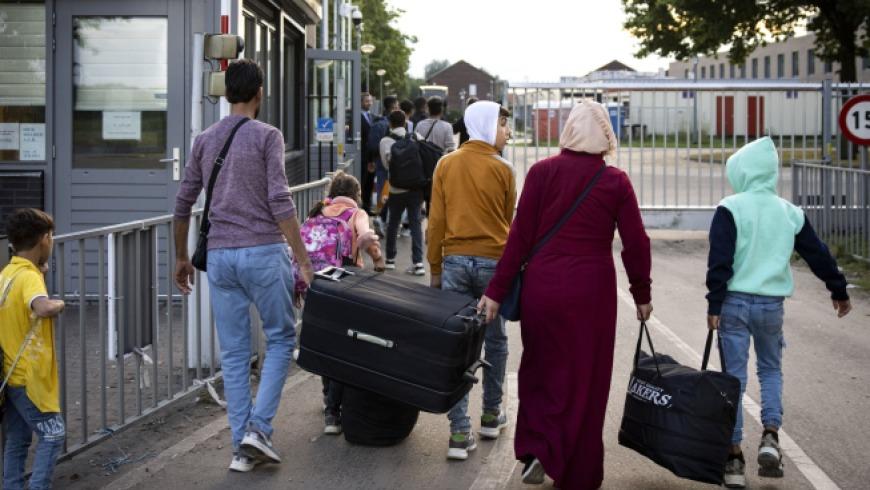Italy has officially decided to suspend a key agreement under the European migration policy. It has informed other governments that it will temporarily halt acceptance of the Dublin transfer regulation from European Union countries, which mandates the return of asylum seekers who first arrived in Italy. Italy cited insufficient capacity to accommodate migrants as justification for this decision. This directly impacts Germany, as the Federal Office for Migration and Refugees is now tasked with handling thousands of asylum procedures that were originally Italy’s responsibility.
During 2023, Germany attempted to transfer asylum seekers to Italy in accordance with the legal status of European migration policy. However, only 11 out of 15,479 cases were successfully transferred, resulting in Germany now being officially responsible for providing accommodation and financial support for these individuals.
Alexander Throm, spokesperson for the European Union parliamentary group of the German Democratic Union Party, criticized the functionality of the European immigration system, stating that “the rules of European migration policy are no longer being effectively implemented.” He highlighted that asylum seekers can freely choose the country they prefer, and once granted asylum, other EU countries often do not enforce relocation agreements, placing a disproportionate burden on Germany in most cases.
Refugee transfers to other countries have proven ineffective. For instance, in 2023, Germany attempted to return 7,995 individuals to Austria, but only 1,534 were successfully returned. Similarly, out of 7,732 requests made to Bulgaria, only 266 were accepted. Furthermore, while 5,523 transfers were planned to Greece, only three cases were successfully completed.
Croatia is one of the hotspots in asylum policy, as Germany sent a requisition request to countries bordering the European Union for 16,704 cases, a larger number than any country in the EU, but Croatia only took back 328 people.
The Federal Ministry of the Interior states that the primary cause of transfer failures lies with other countries, along with internal factors such as migrants hiding or seeking church asylum. Additionally, there are organizational and procedural obstacles, such as court procedures, where asylum seekers can appeal their scheduled transfers.
Daniel Thym, an asylum law expert, criticized Italy’s decision for contravening European asylum laws and regulations. Despite this, individuals retain the right to pursue a second asylum procedure in Germany once the applicable deadline has passed. Previous efforts by the federal government to restrict dual asylum applications have proven unsuccessful.





